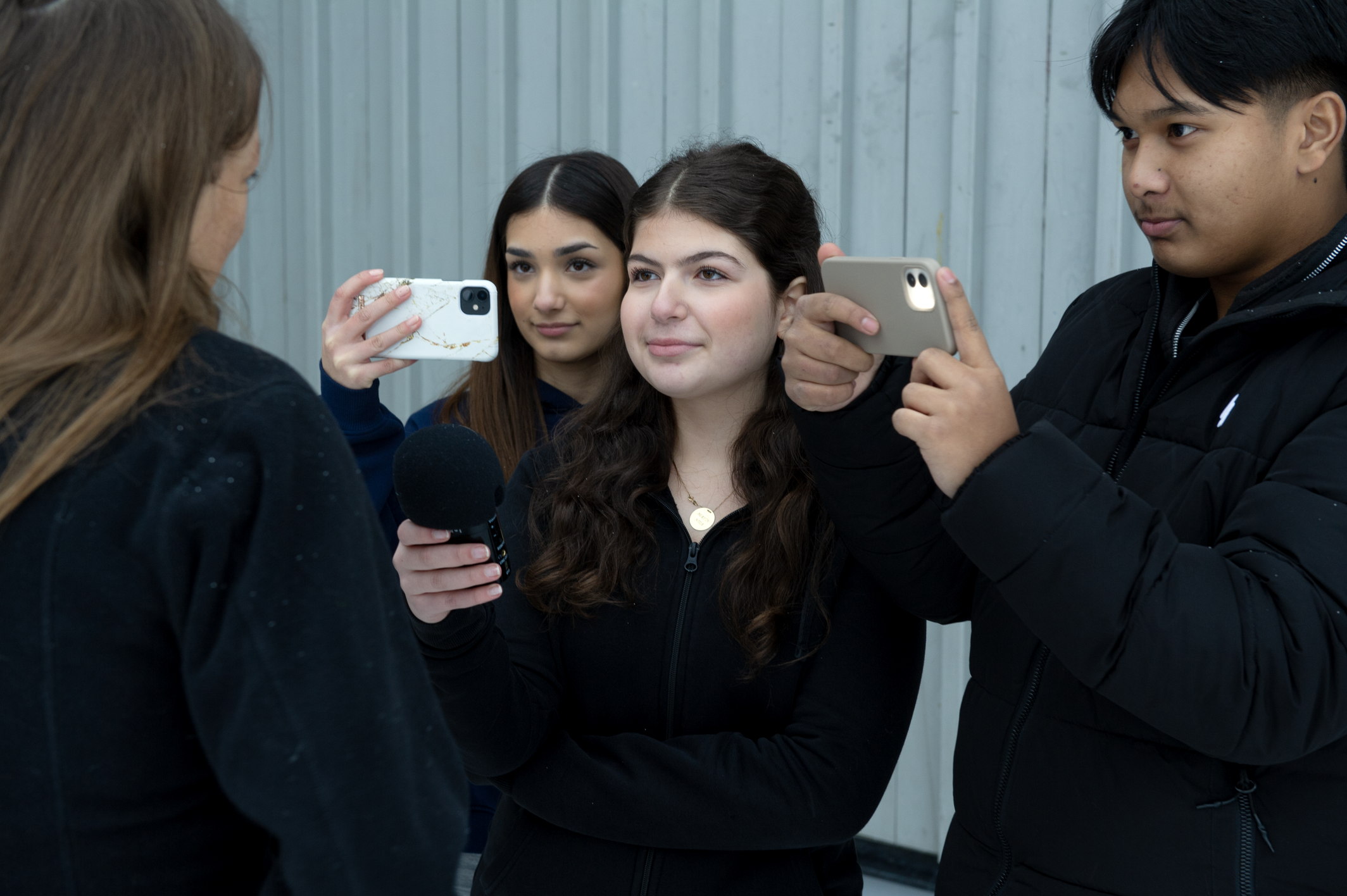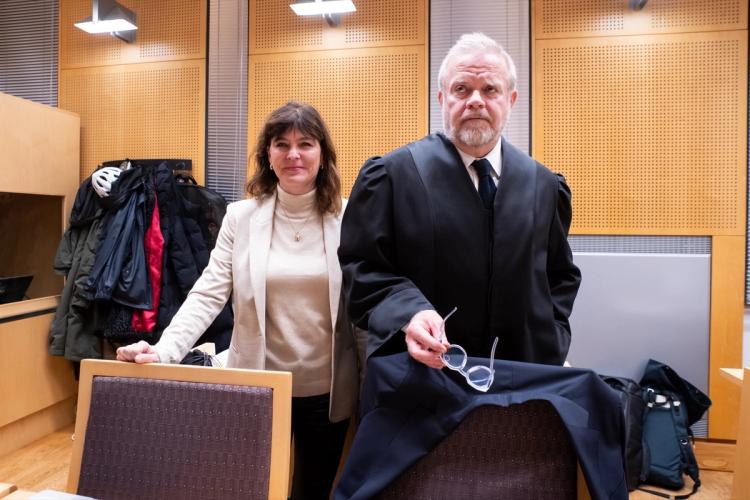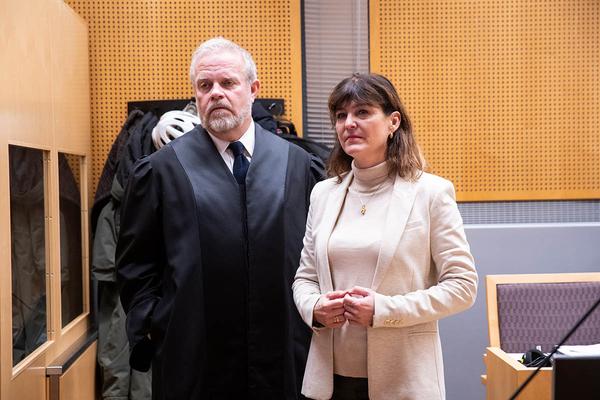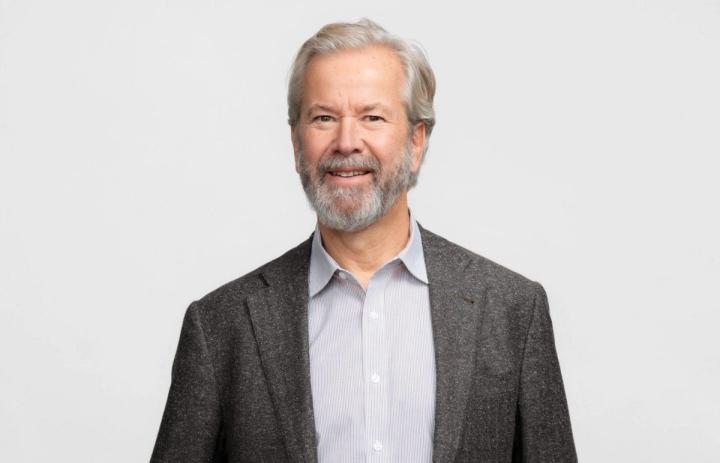6. desember 2019
Rethink news with Amy Webb
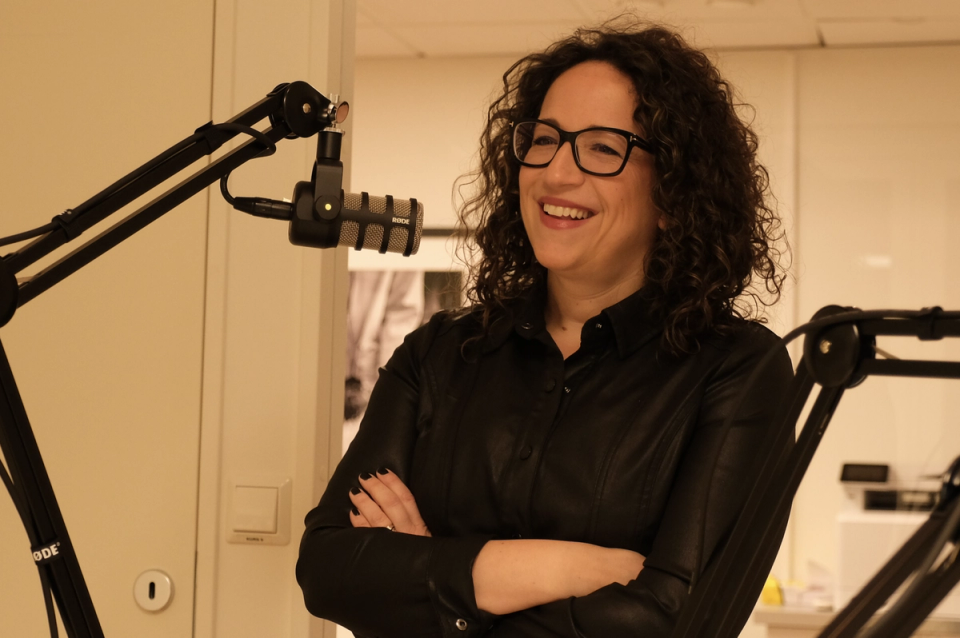
Amy Webb, one of America’s leading futurists, thinks news organizations failed to imagine their own future. If we want journalism […]
Amy Webb, one of America’s leading futurists, thinks news organizations failed to imagine their own future. If we want journalism to survive, we need to think differently, she says.
On December 1st, Amy Webb joined the podcast Tinius Talks to discuss future prospects for news and journalism. Webb is the founder of the Future Today Institute and publisher of the annual Tech Trends Report.
Listen to the podcast here.
In the podcast, Amy Webb explains how news organizations must think differently if journalism is to survive.
– News organizations are not digital native organizations and the people who build stuff in these organizations are having to do that in the heavy framework and legacy of news. It’s a problem, Webb says.
She describes that the digital native businesses create products that are easier to use and more frictionless than legacy players.
The truth is there is a lot of digital subscriptions. The challenge is that we all might hope that people will prioritize the news organization, but the reality is that they aren’t, Amy Webb says.
– What is the value proposition? It can’t be altruistic only, she adds.
Løken Stavrum ask Webb what the future will bring for news and journalism.
– If news organizations wait to make one huge bet on the future, the probabilities are not with them. I would much rather see news organizations be willing to make a thousand tiny bets to see where things happen, Webb explains.
The problem is people don’t like uncertainty. But we are surrounded by deep uncertainty. Deep uncertainty warrens deep questions and we have to be willing to be flexible and ask questions and confront our cherishes believes, Webb says.
In the podcast Webb describes a model she uses to help advise companies think about the future.
See the video to hear Webb describe the cone below.
According to Amy Webb, one of the reasons the business model for news is no longer working is because news organizations lost control of distribution.
– It’s about distribution. No one was taking the evolution of distribution seriously. And once we’re talking digital, media don’t own the distribution anymore. Which means that you are subject to whatever somebody else wants to do, Webb says.
Løken Stavrum ask Webb about the relationship between news organizations and global social platforms who control much of the digital distribution.
I don’t see Google and Facebook as friends of news organizations. Even in a frenemy situation everybody has something to gain, Amy Webb says.
– There is no way to compete. Before we had editors as arbiters of what content that was published. That’s not what’s happening now. The fact that Facebook is okay with publishing lies that can sway the future of an entire country, that’s an incredible amount of power, Webb says.
Løken Stavrum ask Webb if there is any alternative solution to the huge power of global social platforms.
– Right now, they are optimizing shareholder value. We have to find a way to incentivize stakeholder value, Webb says.
That is my way to say we need to make these companies earn more money. I think it would help to come up with economic incentives for putting stakeholders at the center, Webb says.
She recommends developing a human’s values list that the social media platforms should report on.
– It would be an attempt to create a baseline catalogue of what we value and why, all around the planet. From there we would be able to make better decisions and hold tech companies more accountable, she says.
Amy Webb also believes society should treat data as a public good.
Most of us are disenfranchised from the digital economy because everybody else is making money using our information. Is there a way to use a distributed ledger, so that every time a transaction is made, we are getting a part of the profits? I know that it can be done using blockchain, Amy Webb says.
See the video to hear Webb describe the use of blockchain to share the value of data below.
In the podcast, Amy Webb describes how media consolidation is one consequence of a broken business model in news organizations.
– We see a tremendous amount of media consolidation. With that consolidation comes trade-offs. I would argue that people’s lives are at stake. Democracy is at stake. Our way of live is at stake, Webb says.
She believes newsrooms and journalists must think differently if they want to succeed in the future. Webb believes exchanges between news organizations and other organizations is one way to help journalists learn about other kinds of company culture, decision making and long-term planning.
Do exchanges. It’s a different kind of collaboration that could be beneficial, but it would require an investment in thinking differently, which I don’t see a lot of, Webb says.
At the end of the podcast, Amy Webb express her engagement for journalism.
– I have yet to see a news organization that is doing what needs to be done to sustain itself in the future. That being said, I donate a lot of money to different news organizations all around the world, because I care a lot about journalism, Amy Webb says.
